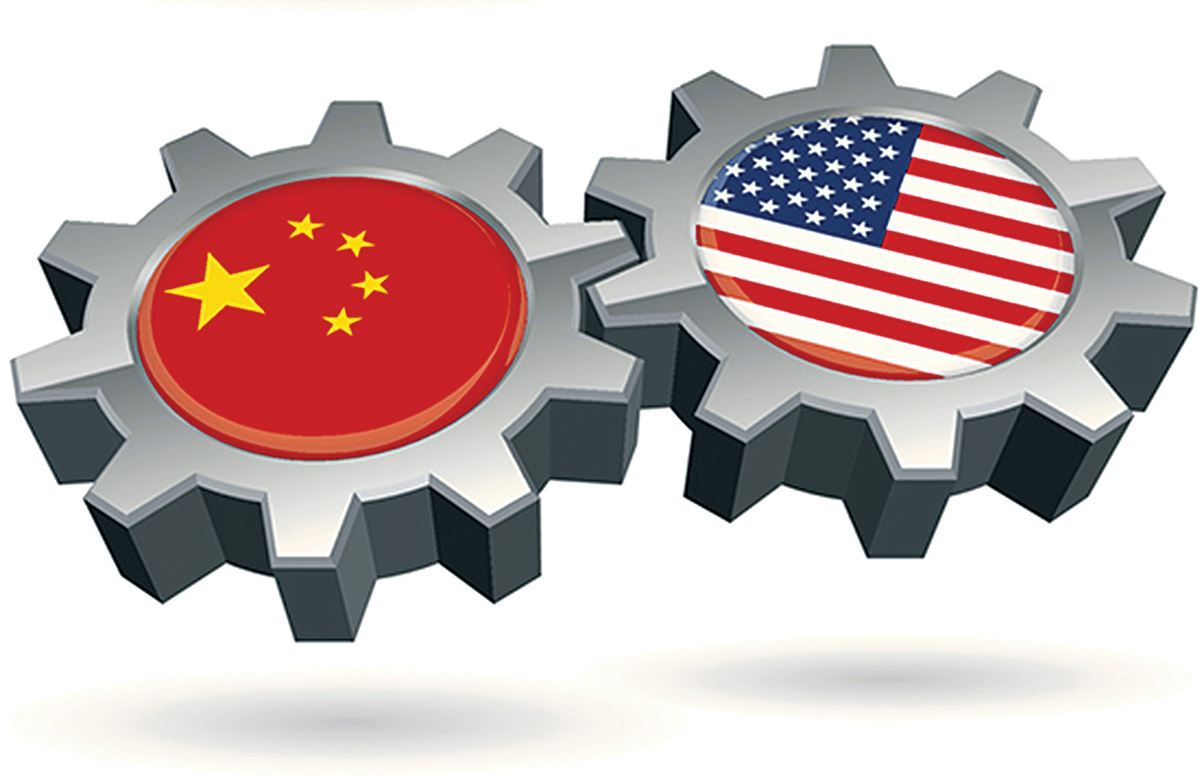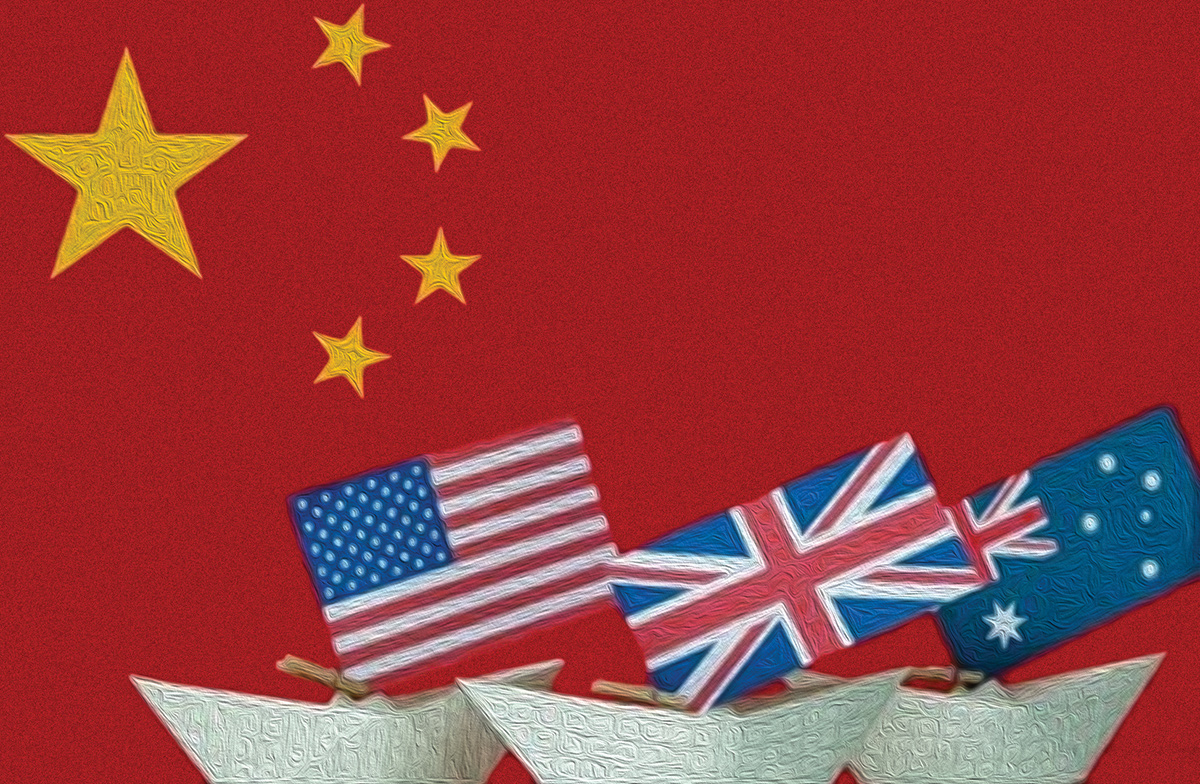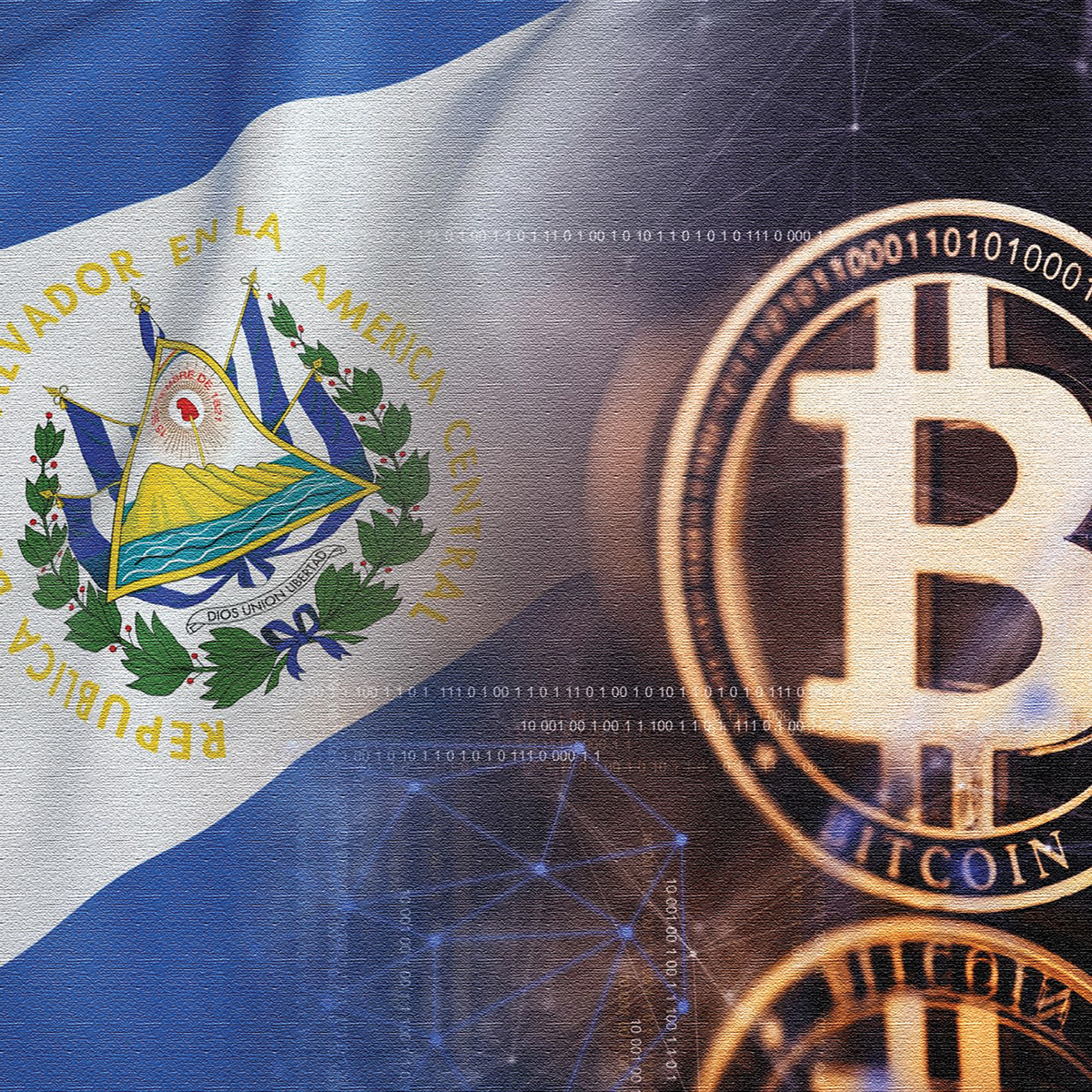
Two competing worldviews vied for public attention this July. While China celebrated the 100th anniversary of the founding of the Chinese Communist Party (CCP), the United States observed 245 years of independence from the British monarchy.
Both occasions were carefully choreographed. Yet, both narratives masked some inconvenient truths. The celebrations in China, for example, were not so much about the founding of the CCP. In fact, the spectacle deliberately suppressed any reference to the mindless pain and suffering that the Chinese people were forced to endure during the Great Leap Forward and the resulting great famine, or to the senseless purge and social self-destruction during the Cultural Revolution – up until only 45 years ago. Rather, the occasion commemorated China’s phenomenal economic progress and global ascendency since paramount leader Deng Xiaoping undertook his Southern Tour a mere 29 years ago when he jettisoned ideology and stagnation in favour of growth and development. In that sense, the Chinese extravaganza was a celebration of capitalism, not communism.
The US also has much to be genuinely proud of. Despite periodic economic and social dislocations, it too has enjoyed rapid growth through a combination of vision, public and private investment and the sheer grit of its citizens. Perhaps because the impetus for US independence originated in disputes over taxation between the North American colonists and their English rulers, the US constitution, adopted in 1787 and still in effect today, is ingenuously crafted both as a political and an economic charter. So much so that tariffs constitute a vital instrument of US foreign policy to this day.
The United States and China emerged from very different starting points. Historians point out that minus the slaves, the North American colonies, pre-independence, already enjoyed standards of living often higher than those back in England. Following centuries of feudal subjugation, pre-revolution China, on the other hand, was a morass of abject poverty, illiteracy and disease. The speed and scale at which it wiped out poverty among hundreds of millions to become the world’s second largest economy today is what makes the contemporary China story all the more remarkable.
While Pax Americana has been an invaluable global public good to advance the post-World War II order, the cost to Americans has been pretty hefty. The US spends close to a trillion dollars every year to project its power as the predominant global cop – an amount exceeding the next top nine military spenders combined. But decades of neglect on the home-front resulted in diminishing economic opportunities, crumbling infrastructure and crippled public institutions and services. Many Americans now question whether the cost of global stewardship is worth footing.
Global strategists had always been predicting that China would eventually succeed the US as the world’s pre-eminent economy. But those projections dated the takeover some time in the 2050s or later. Conceivably, the Americans had convinced themselves that China would collapse under its own weight long before. However, more recent projections put China ahead of the US as early as 2031. This appears to have spooked the US establishment and prompted it onto a war-path.Many Americans are also outraged by the economic and social fallout of unbridled greed that has fuelled US economic growth in recent decades. The Covid 19 pandemic exposed many troubling injustices such as wage inequalities, homelessness, racial discrimination, child poverty, health insurance, and immigration. For example, according to inequality.org, America’s 713 billionaires hold four times more wealth than all of the 165 million Americans who constitute the bottom 50%. More shockingly, while 600,000 Americans lost their lives to Covid 19 and millions more lost their livelihoods to illness and economic distress, billionaire wealth in the US surged by a whopping 60%, or by 1.8 trillion dollars, over the 16-month pandemic period. This does not bode well for social cohesion and stability. Even the US’ closest allies are disillusioned by the dysfunction of US democracy. For example, a June 2021 survey by Pew Research, a distinguished independent outfit, reported that America has lost the moral high ground in the eyes of friendly countries including Germany, France, Britain, Japan, Korea, Australia and New Zealand, where as few as 1 in 10 now approve of the US democratic model. US-China hostilities are not new. During past decades the two even engaged in proxy wars in geo-political flashpoints like Korea and Vietnam. Relations began to thaw in the late 1960s when Chairman Mao recognised the limits of his ideology and China’s souring relationship with the erstwhile Soviet Union forced Beijing to pivot towards Washington. Since then, there had always been an implicit understanding between the two, according to seasoned China hands: the US would not destabilise China’s internal order and, in turn, China would not weaken the US-led international order. This framework served both countries exceedingly well to the point of mutual inter-dependence before it began to falter in 2017 to the point of mistrust, rivalry and breakdown today, now even threatening to overshadow the Cold War. How did the world get to this dark place? Global strategists had always been predicting that China would eventually succeed the US as the world’s pre-eminent economy. But those projections dated the takeover some time in the 2050s or later. Conceivably, the Americans had convinced themselves that China would collapse under its own weight long before. However, more recent projections put China ahead of the US as early as 2031. This appears to have spooked the US establishment and prompted it onto a war-path. Today, the US appears bent on sabotaging China’s growth strategies. Many Americans are fearfully aware that the Chinese system of governance provides relatively more stability and hence China enjoys the advantage of playing the longer game. While they berate the Chinese economic model claiming it to be propped up by state subsidy and protective tariffs, Americans seem to forget that Alexander Hamilton, one of the US nation’s Founding Fathers and also its first secretary of treasury, favoured overt subsidies, protective tariffs on imports, as well as federal institutions to assume public debts. Americans are brought up with a sense of entitlement. American Exceptionalism as they call it, leads them to believe that they can do no wrong because they belong to the most powerful country in the world. Chinese nationalism, meanwhile, is underpinned by a 5,000-year-old history. Moreover, the current crop of Chinese professional leaders belong to generations that have only experienced rising prosperity since the 1980s and never the hardships of the 50s and 60s. They are an aspirational lot who believe they can outperform their cohorts in the west. Granted that capitalism has won the day. But what kind of capitalism? The liberal, rules-based kind or the illiberal, autocratic kind? How one answers the question might also determine where one will stand in the coming Cold War.
Published Date: July 29, 2021, 12:00 am
Post Comment
E-Magazine
RELATED The Big Picture





